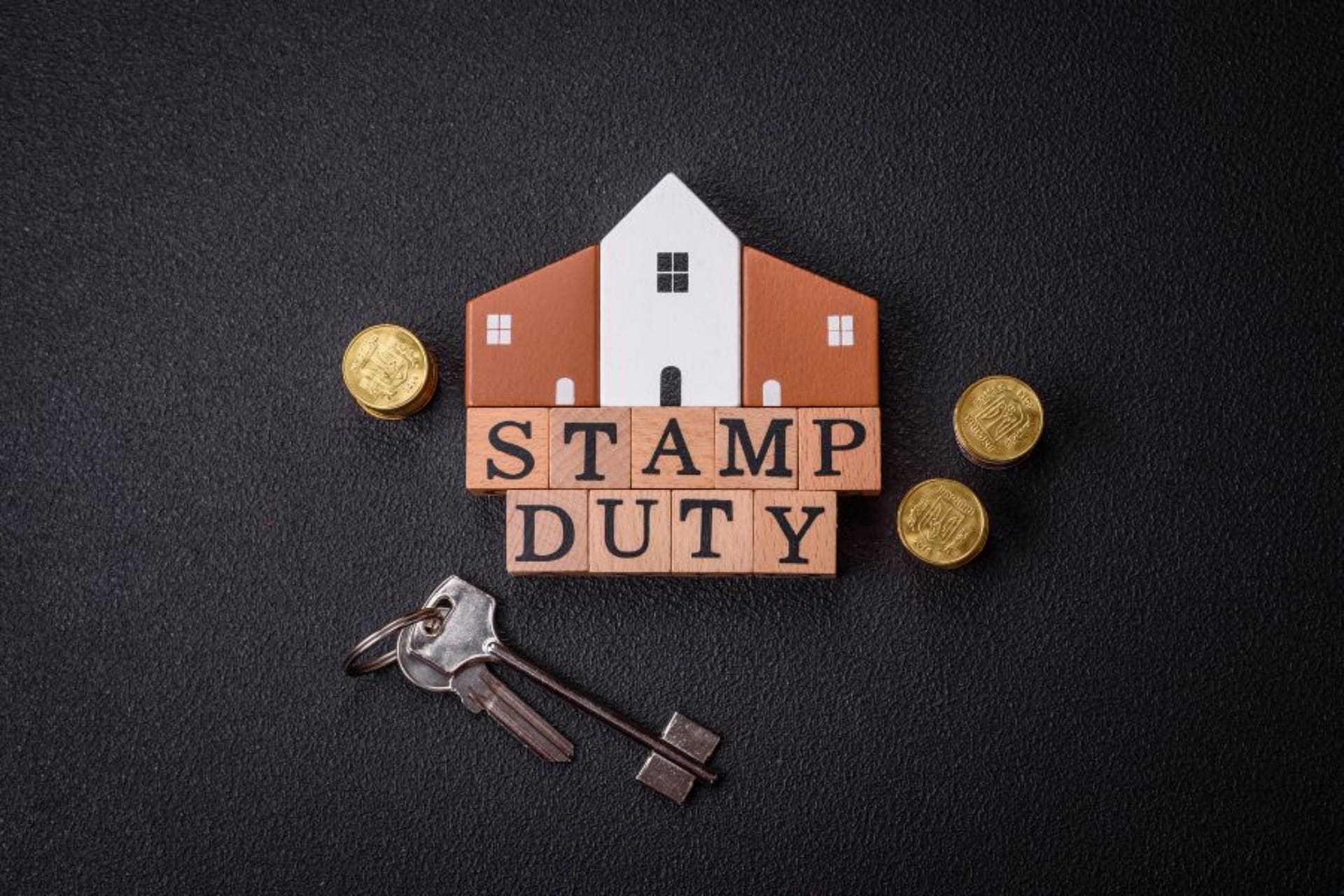Buying a house without your partner in Australia can be complex yet feasible. It requires a clear understanding of legal implications and financial responsibilities.
Solo homebuying is not unheard of and might be considered under certain circumstances, such as investment purposes or personal financial strategies.
This decision should be approached carefully, considering both partners’ perspectives and plans. It’s essential to consult with legal and financial experts to understand how this move affects property rights, mortgage obligations, and relationship dynamics.
This blog post aims to provide comprehensive insights and practical advice for those contemplating purchasing a property independently in Australia.
Table of Contents
ToggleDo I need my partner’s permission to buy a house in Australia?
You do not legally require your spouse’s consent to purchase a house. However, according to the Family Law Act, the property can be regarded as a marital asset even if only your name appears on the title. This means in case of separation or divorce, the property might be subject to division.
Similar to married couples, in a de facto relationship lasting a significant period, a house bought solely in one partner’s name could still be viewed as a shared asset.
Married and de facto couples have the option to create prenuptial or financial agreements to set specific terms regarding property acquisition, which can help prevent disputes in the future.
What are the ownership rights if I buy a house without my partner in Australia?
Despite the title, if you are married or in a de facto relationship, your partner may still have a claim to the property in the event of a relationship breakdown.
Australian family law takes into consideration the contributions of both partners to the relationship, which includes both financial and non-financial contributions.
This holistic approach to evaluating contributions means that non-monetary efforts, such as homemaking or child-rearing, are valued alongside financial investments when determining property entitlements.
This principle aims to ensure a fair division of property based on the overall contributions to the partnership
Also read: 7 Points to Include in Your Buying Property Checklist
Can I buy a house in my name only if my partner is on the mortgage?
Buying a house in your name only while having your partner on the mortgage can be complicated and is not commonly practiced, mainly due to the legal and financial intricacies involved.
Here are some key points to consider:
- Lender’s Policy: Most lenders are reluctant to approve a mortgage where the co-borrower is not also a co-owner of the property. This is because the lender’s security for the mortgage is typically the property itself. If the co-borrower is not on the title, the lender’s ability to enforce the mortgage terms against that person is limited.
- Legal Implications: If a mortgage is taken out with both partners but only one name is on the title, it can create a complex legal situation. The partner not on the title but on the mortgage may have legal responsibilities (like debt repayment) without having ownership rights in the property.
- Financial Risk for the Non-Owner: The partner on the mortgage but not on the title is in a risky financial position. They are legally responsible for the loan but have no claim to the property.
- Consent and Agreement: Both partners would need to agree to this arrangement, and it would be advisable to document this agreement legally, possibly through a cohabitation agreement or a legal contract outlining each party’s rights and responsibilities.
- Conveyancing Advice: It’s crucial to seek legal and financial advice. A conveyancer can help you understand the legal implications, while a financial advisor or mortgage broker can provide advice on the mortgage and financial aspects.
While it might be legally possible under certain conditions, this arrangement is fraught with potential complications and risks, especially for the partner not on the property title. It requires careful legal and financial planning and the consent of all parties involved, including the lender.
Also read: Zero Deposit Property Purchasing Guide
What happens to a house owned by one partner if they die in Australia?
What happens to a house owned solely by one partner if they die depends on various factors, including the presence of a will, the nature of the relationship, and state or territory laws. Here are the key considerations:
With a Will: If the deceased partner left a will, the distribution of their assets, including the house, would typically follow the instructions in the will. The property would be transferred to the beneficiaries named in the will.
Without a Will (Intestacy): If the deceased did not leave a will, their estate, including the house, would be distributed according to the intestacy laws of the state or territory where they lived. In many cases, the surviving spouse or de facto partner is the primary beneficiary, but this can vary depending on other living relatives, such as children.
Joint Tenants vs. Tenants in Common: If the property is owned jointly with the deceased partner, how it is held (as joint tenants or tenants in common) matters. In a joint tenancy, the surviving partner automatically inherits the deceased’s share of the property (right of survivorship). In a tenancy in common, the deceased partner’s share does not automatically go to the surviving partner but is distributed according to the will or intestacy rules.
Family Law Considerations: In the absence of a will, family law considerations, including the length of the relationship, contributions made by the surviving partner, and the needs of any children, can influence how the property is dealt with.
Legal Process: The administration of the deceased’s estate is typically handled through a legal process known as probate. The executor of the will or an administrator (if there’s no will) is responsible for managing this process, including the distribution of assets.
Estate Planning: It’s important for individuals, especially those in a relationship, to consider estate planning, including writing a will, to ensure their wishes are followed after their death and to provide clarity for the surviving partner.
Given the complexities and variations in laws between different Australian states and territories, consulting with a legal professional for specific advice tailored to individual circumstances is advisable. Legal advice is particularly important when property and estate matters are not straightforward.
Buying A House Without Your Partner Australia
Considering purchasing a home independently in Australia? Let CJC Law guide you through this unique journey. Our experienced team specialises in property law and understands the nuances of buying a house without your partner.
We offer expert advice and personalised solutions to ensure smooth and legally sound transactions. Don’t navigate this complex process alone. Contact CJC Law today to secure your future with confidence. Your dream home awaits, and we’re here to help you achieve it responsibly and efficiently.




